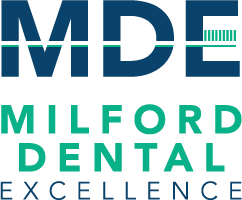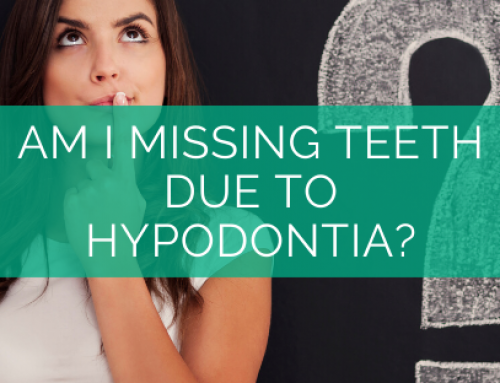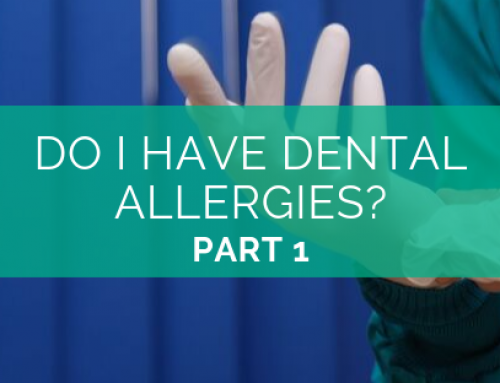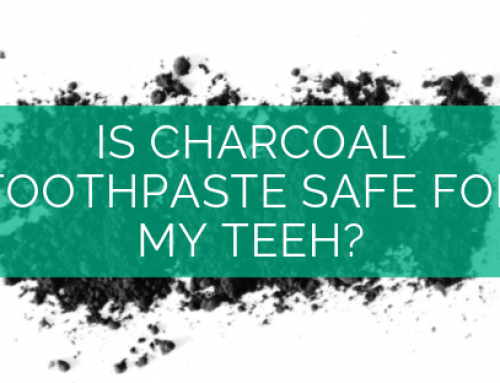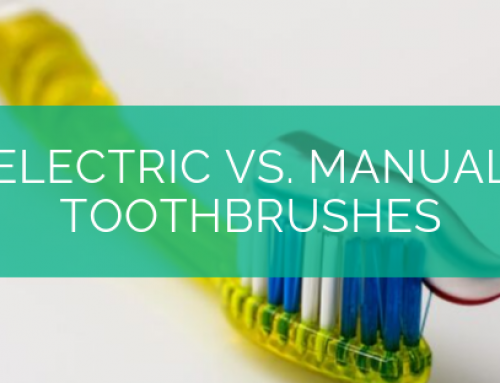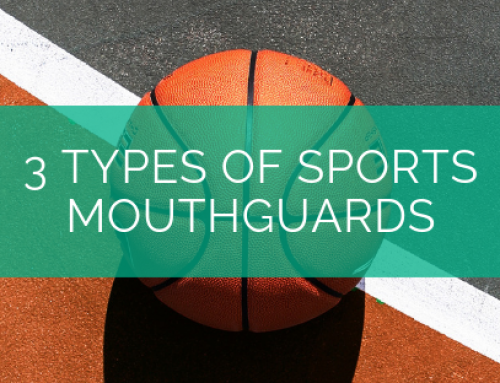Everybody knows that good oral health begins with brushing and flossing daily, drinking lots of water, and keeping a well-balanced diet. Most dental professionals advise brushing twice a day for at least 2 minutes. However, what many people don’t think of is how much pressure they are applying to their teeth while brushing.
Abrasion is something that happens when one is using excessive force while brushing, generally with medium- or hard- bristled toothbrushes. Furthermore, it’s estimated that up to 20% of adults have actually caused damage to their teeth (and gums) because they brush with excessive force. The enamel, the external surface area of the tooth, is the most durable part of our bodies, even more durable than bone. Over-brushing damages this external defensive layer, which is likely to make us more susceptible to germs and cavities. Additionally, using excessive pressure and brushing too frequently can result in gum recession. Gumline recession can cause tooth sensitivity, exposed roots, and potentially premature tooth loss.
According to Director of Delta Dental’s professional services, Kevin Sheu, DDS, “Plaque is so soft that you could remove it with a rag if you could reach all the surfaces where it hides.” He also claims that brushing with more force or more often isn’t advantageous. “Thoroughness is what is required for plaque removal, not aggressive brushing.”
Below are a number of useful points to bear in mind while brushing, in order to avoid tooth abrasion:
– Do your brushing with the head of the toothbrush at a 45-degree angle to the gumline.
– Brush with a scrubbing motion and brief strokes instead of moving the brush back and forth across your teeth.
– Pass on hard-bristled toothbrushes. Instead, choose a soft-bristled one.
– Use your non-dominant hand to help prevent you from using too much pressure.
– Make sure to schedule regular exams with Doctors Egbert, Reineck, Powers, or Naylor.
